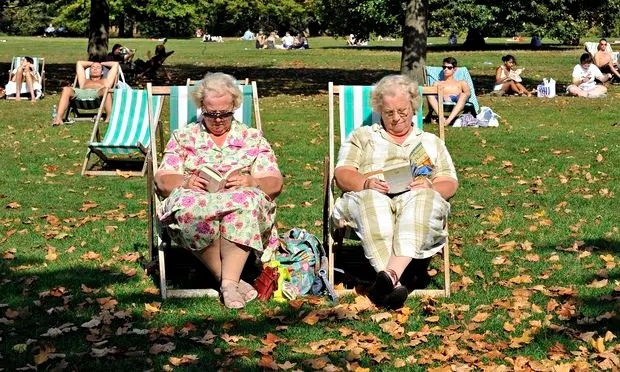Would you recognise the subtle signs of elder abuse?
June 14, 2023
The term ‘elder abuse’ conjures up images of older people having money stolen from their bank account or purse; being isolated from their grandchildren and friends, or subjected to threats and actual violence.
Clearly this type of behaviour is wrong – and sometimes criminal. But what happens when the abuse is less overt? How easy is it to recognise and prevent it?
Susan Banks from Anglicare’s Social Action and Research Centre has an academic background in aged care and disability support and is a member of the Preventing Elder Abuse Tasmania research group. She says some people may not be aware that the way they treat their older family member is potentially abusive.
“The casual ageism in our society encourages us to think of older people as incompetent and less capable,” she explains. “This attitude can also affect the way the older person thinks of themselves, which in turn makes them vulnerable to abuse. For all of us, it’s important to retain a strong sense of self and to trust ourselves to recognise when a situation is not right.”
Susan said actions such as rearranging an older person’s home environment or depriving them of the opportunity to choose and plan their meals reduces their agency, independence and sense of their own competency.
“Simple examples are when a family member (or support worker) changes the way mugs sit on the shelf in the kitchen, folds towels when the older person likes them rolled up, moves things around in the house or garden when the person can live safely the way they are, or provides meals the person has never liked. Another danger sign is when an older person is spoken to as though they are a child.
“Sometimes family members who are in financial difficulty take advantage of the older person’s goodwill and put pressure on their parent to provide them with resources. There are particular risks associated with the current housing crisis, when a parent could be pressured into downsizing when they would be best served by staying in their own home,” said Susan.
Anglicare’s Aged Care team supports more than 1600 Tasmanians to stay living safely and well in their own homes around the State.
General Manager Aged Care Services Ellen Nicholson says her team members are trained to spot the signs that indicate a person they support may be experiencing abuse.
“We check in regularly with our clients and listen and respond to their concerns. We support them to report their situation to police if this is what they want to do.
Our services provide older Tasmanians with opportunities to stay socially connected in their local communities without relying solely on their family network. This way, we prevent their social world from shrinking and encourage them to enjoy life.
More information
What is elder abuse?
The World Health Organisation defines elder abuse as “a single or repeated act, or lack of appropriate action, occurring within any relationship where there is an expectation of trust, which causes harm or distress to an older person.”
It can be physical, sexual, psychological, financial, social or spiritual, or it can result from neglect.
World Elder Abuse Awareness Day
Do you need support or advice?
If you or someone you know may be experiencing elder abuse, contact the Tasmanian Elder Abuse Helpline on 1800 441 169 for support and advice.
The Helpline is operated between the hours of 9am and 5pm, Monday to Friday by Advocacy Tasmania on behalf of the Tasmanian Government.
It’s a free, confidential service that can also help you to understand the concepts of abuse and neglect so that you don’t unwittingly become a perpetrator.
The Council of the Ageing Tasmania (COTA Tas) website is an excellent source of information and resources. Select where you live on the community activities page to find out what’s on in your neck of the woods!
Anglicare’s Aged Care Services
Anglicare provides in-home and community aged care services across all regions in Tasmania. Find out more here.
Are you interested in a career in aged care?
Anglicare currently has vacancies for people who are qualified to work as home care workers with older Tasmanians. There is a particular need for new team members who live on the North West Coast.
Please contact us on 1800 466 300 for more information. Check our website for information on the roles available and how our recruitment process works.
Photo: Andy Rain/APL

